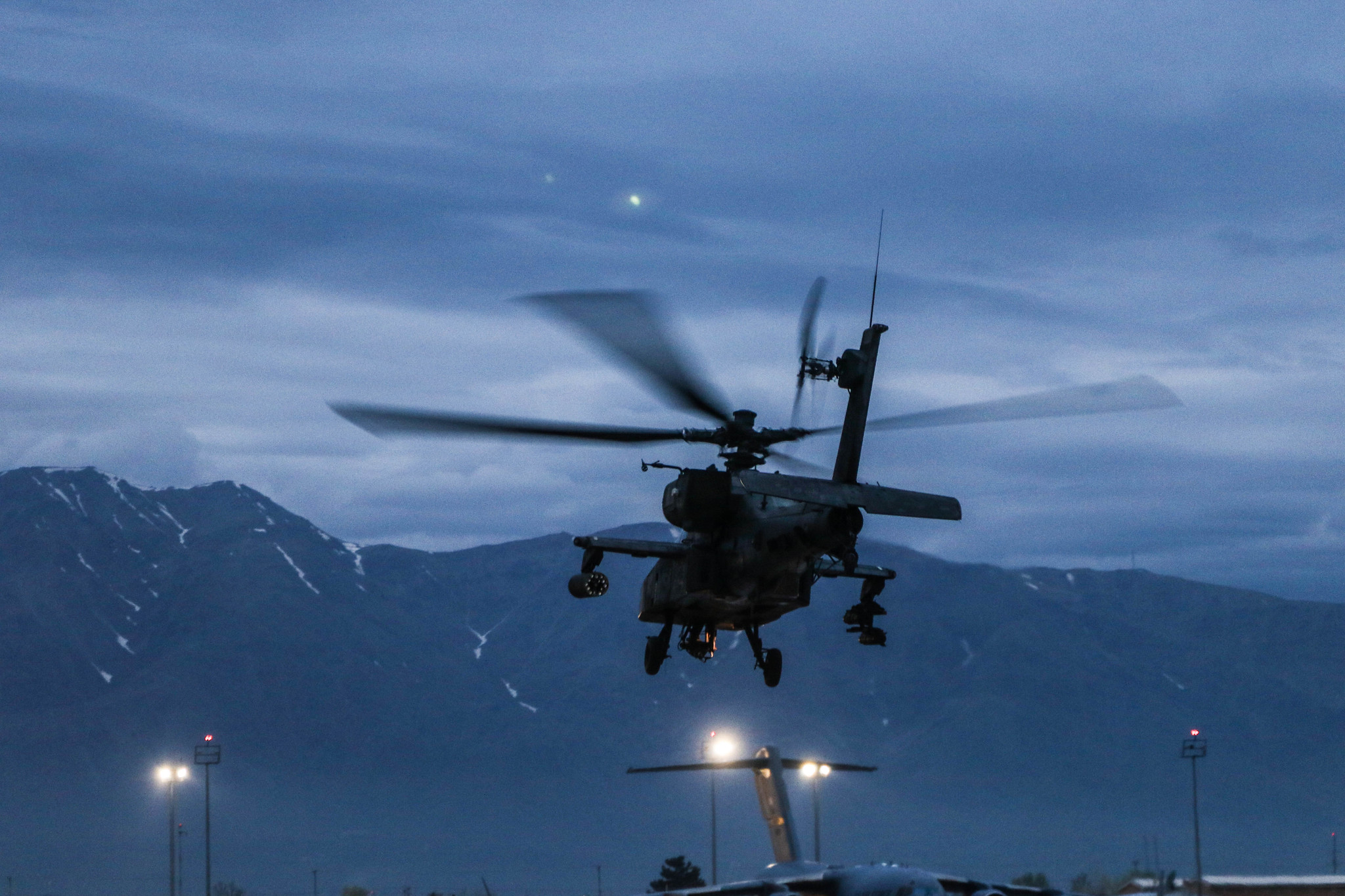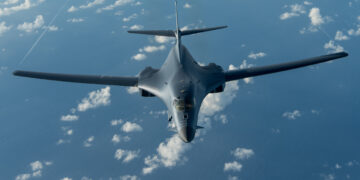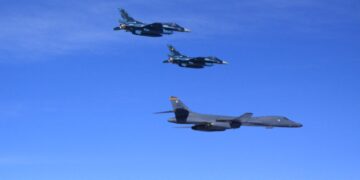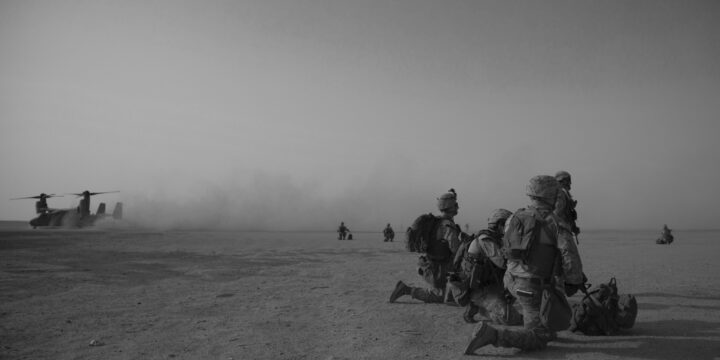Two years ago this week, the Taliban returned to Kabul with a vengeance. The insurgent group that fought U.S. and Afghan government troops for two decades were able to sweep into Afghanistan’s capital city without the slightest resistance from the very same Afghan security forces built and trained to the tune of $90 billion across four successive U.S. administrations. The Taliban, well versed in the intricacies of wheeling-and-dealing at the local level, threatened or bribed Afghan forces to surrender. Afghan troops and police officers, many of whom were stuck on remote outposts in Taliban-surrounded territory and unpaid for months, decided there was no point in fighting for a lost cause.
Fast-forward to today, and the Taliban are firmly entrenched. This week, the Taliban government organized a celebration in Kabul for what they termed “independence day,” or victory over the U.S.-led military coalition and the Afghan authorities it backed to the hilt for two decades. Yet celebrations of victory aside, Afghanistan can be charitably called a work-in-progress. The Taliban are still trying to transition from an insurgent movement into an effective government, and foreign powers, including the U.S., are still trying to learn how to deal with the new authorities.
Whether Afghanistan is faring well or poorly depends on who you ask. The Taliban are attempting to persuade the international community that Afghanistan is far better off today than it was under the U.S.-backed Afghan government, which was riddled with systemic corruption, relied on international donors for approximately three-quarters of its budget, and was composed of senior officials who were often detached from what was going on. Organizations focusing on human rights have a different opinion, pointing to the Taliban’s restrictions on women’s rights as well as a tendency to take a heavy hand against anyone showing the slightest form of dissent.
More on Asia
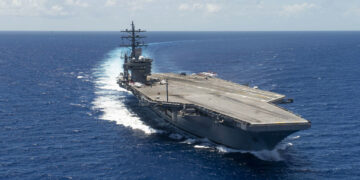
Featuring Lyle Goldstein
June 13, 2025
Featuring Jennifer Kavanagh
June 11, 2025
